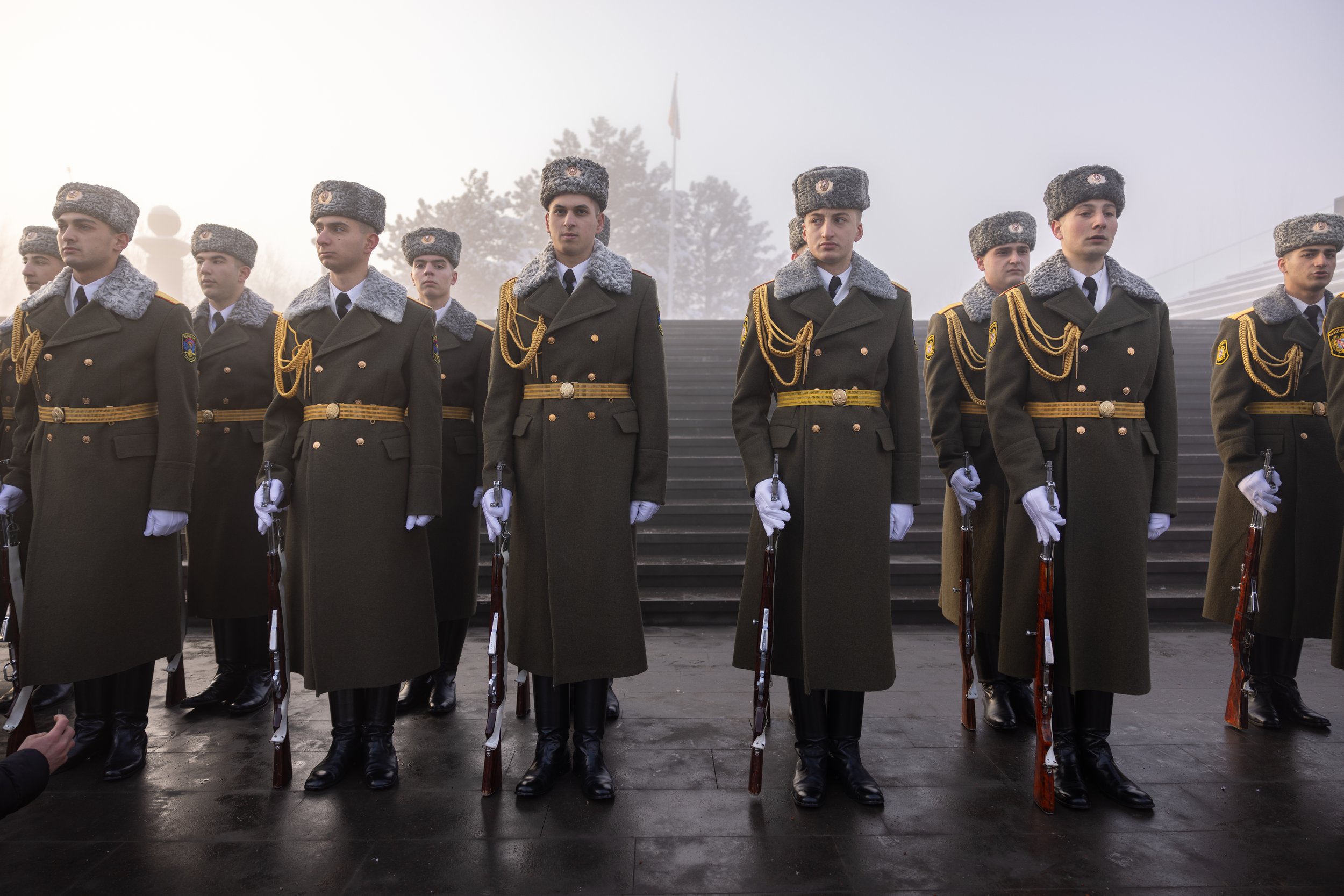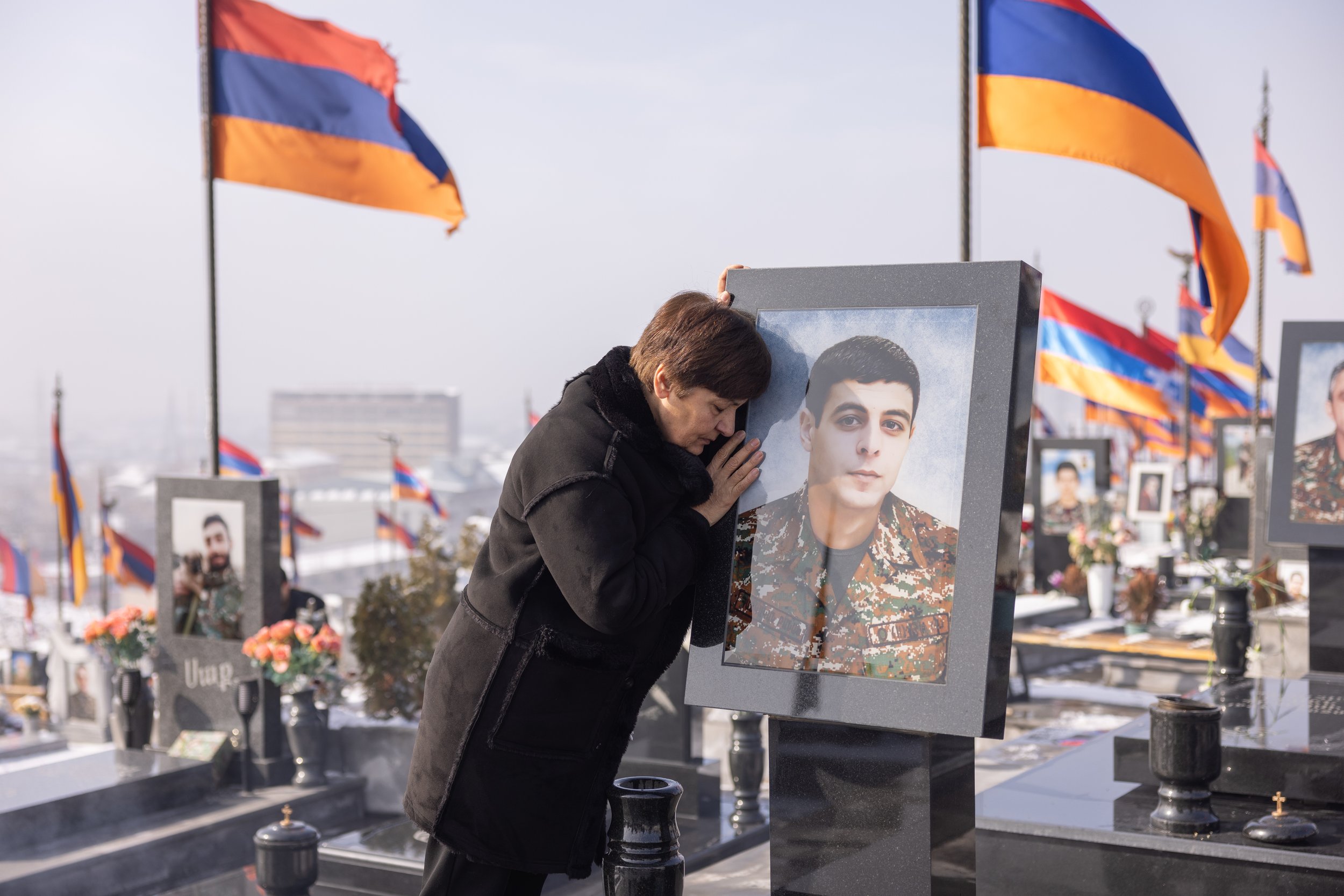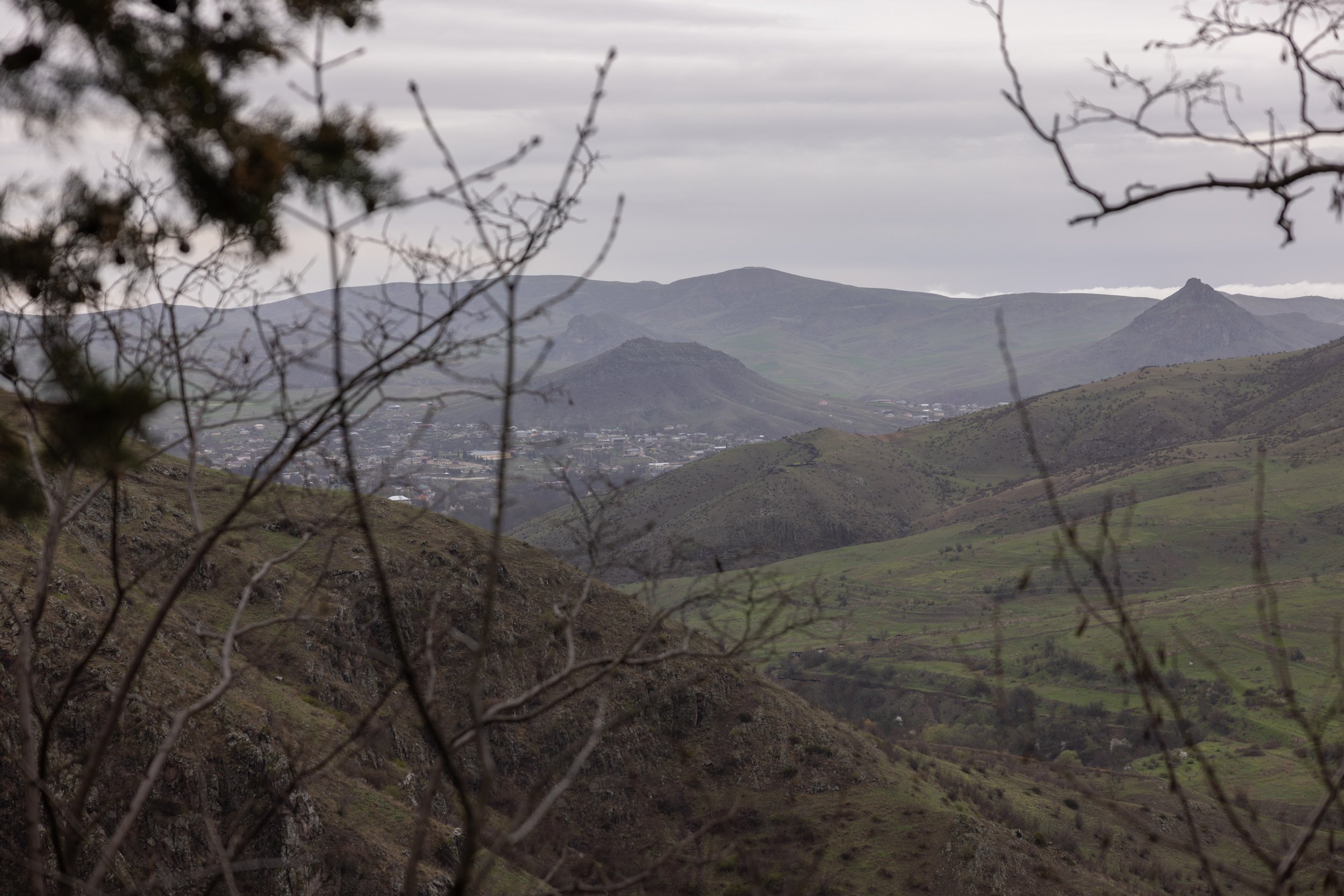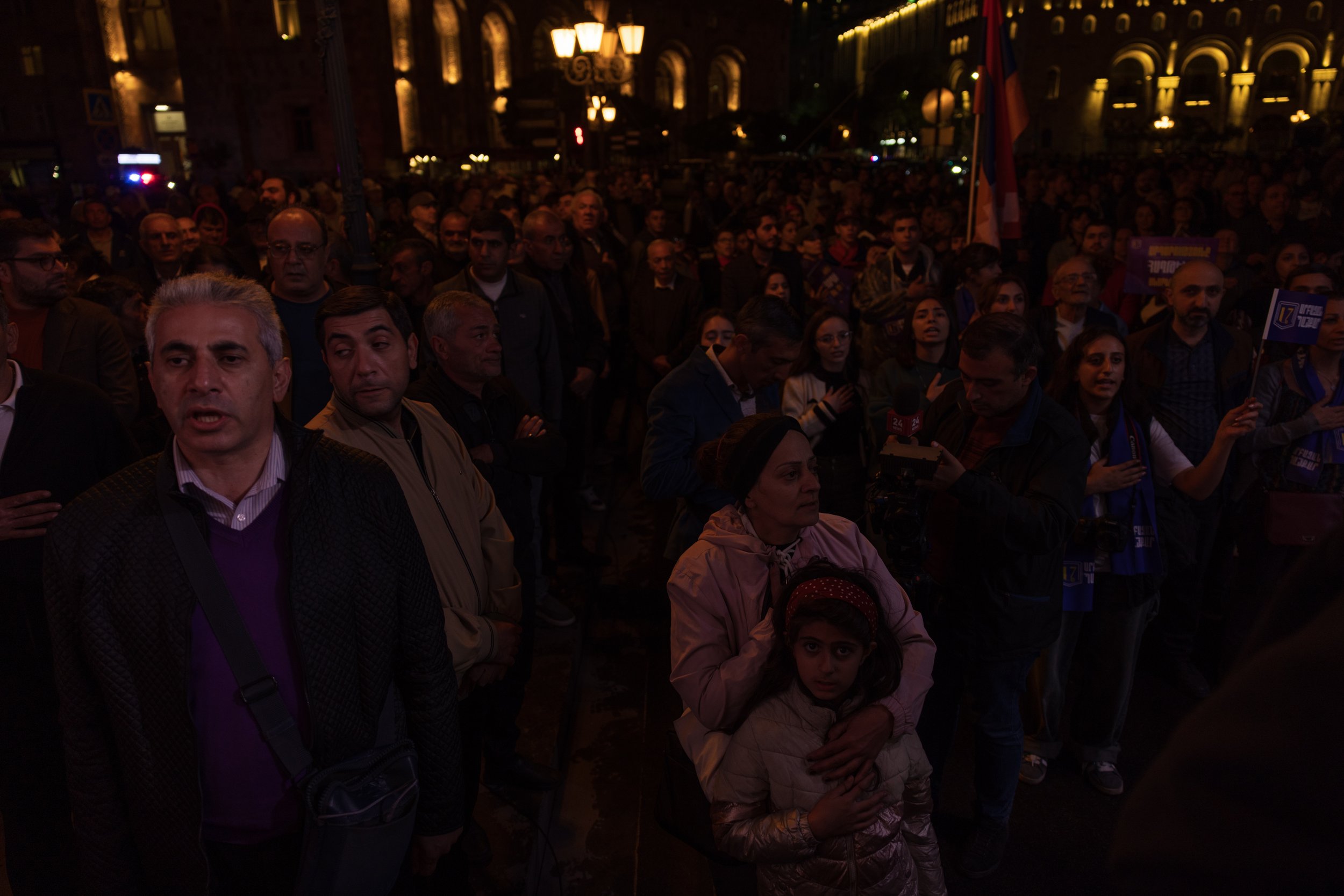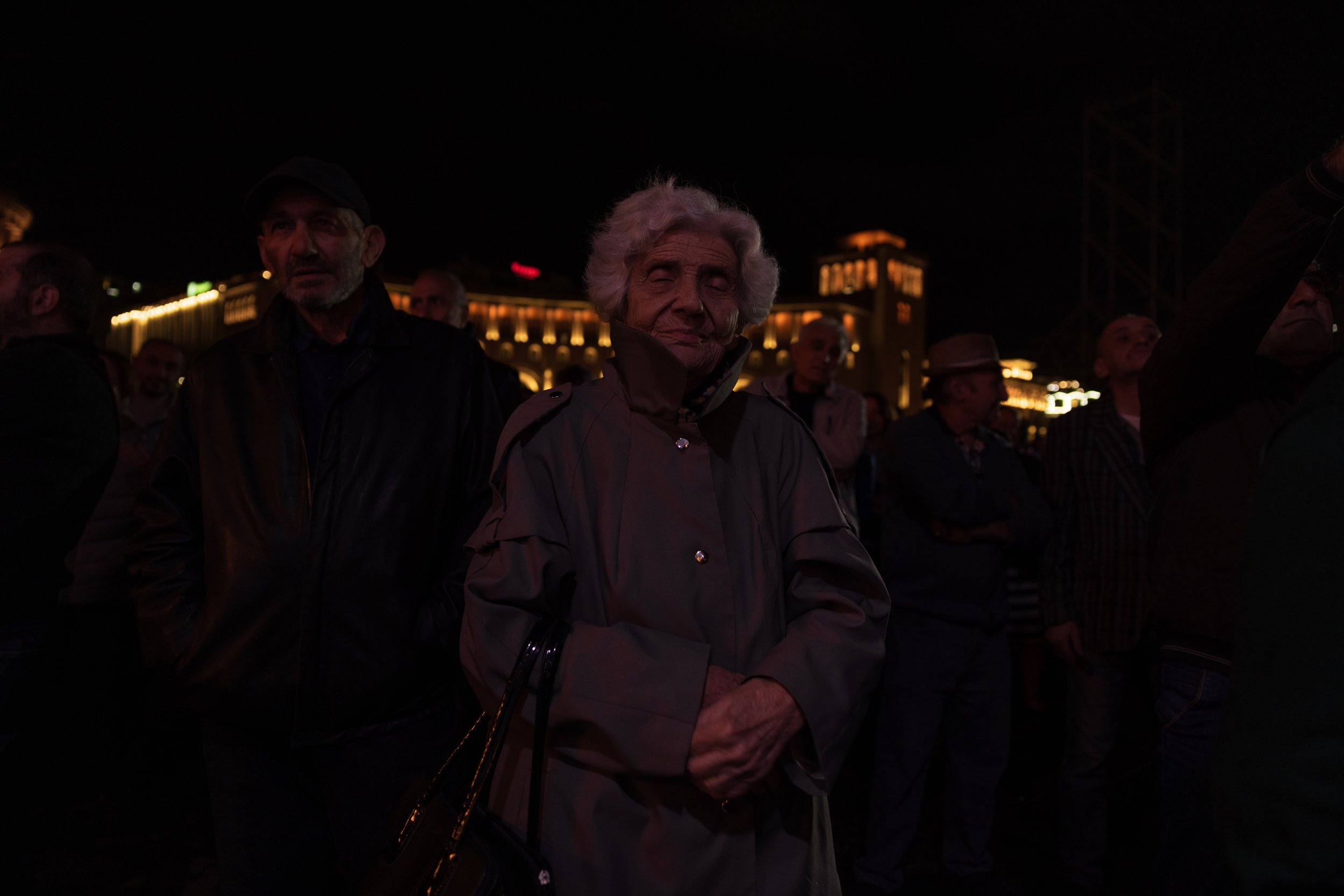// Political Crossroads //
Democracy continues to flourish in complexing and beautiful way. One which rivals and out paces some of its nearby countries in the region like Azerbaijan and Turkey. Armenia has seen an uptick in both pro-democracy rallies as well as anti-government opposition movements looking to “dethrone” the current leadership. The balance between old and new, past and future, pro-western and pro-eastern.
Armenia stands at a significant political crossroads, influenced by its historical context, regional dynamics, and internal challenges. The country’s geopolitical position, nestled between the Middle East and Europe, has made it a focal point for various political interests, especially amid the ongoing tensions with neighboring Azerbaijan and Turkey.
Internally, Armenia faces significant political polarization. The aftermath of the 2020 war has led to widespread discontent with the current government, with many citizens questioning the leadership's ability to navigate the complex geopolitical landscape. This dissatisfaction has fueled protests and calls for political reform, leading to a dynamic and sometimes unstable political environment.Armenia’s large diaspora also plays a crucial role in shaping the nation’s political landscape. Many Armenians abroad feel a deep connection to their homeland and actively participate in advocacy, pushing for international recognition of the Armenian Genocide and support for Armenia in its conflicts. This diaspora influence can impact domestic policies and international relations, as the government seeks to balance these external pressures with internal priorities.
Armenia's regional tensions and relationship with Azerbaijan remains fraught, primarily due to the unresolved conflict over Nagorno-Karabakh. The 2020 war reignited tensions, leading to a territorial and humanitarian crisis. The aftermath of the conflict has forced Armenia to reassess its foreign policy and military alliances, particularly with Russia, which has historically been viewed as a protector but has been perceived as failing to fully support Armenia during the recent conflict.
Economic instability further complicates Armenia's political situation. The country grapples with issues such as high unemployment, inflation, and reliance on remittances. Addressing these economic challenges is essential for political stability and the government's legitimacy. Policymaking focused on economic development and social welfare is crucial for gaining public support.
Armenia is at a delicate crossroads navigating a balance between fostering internal unity and addressing external threats. Strengthening democratic institutions, enhancing civil society engagement, and pursuing strategic partnerships can help bolster Armenia's resilience. The upcoming years will be critical as the nation seeks to define its identity and role on the global stage while managing the complex interplay of regional and domestic factors. All stems from historical grievances, regional pressures, and domestic aspirations, making the future uncertain yet full of potential for transformation and growth.


